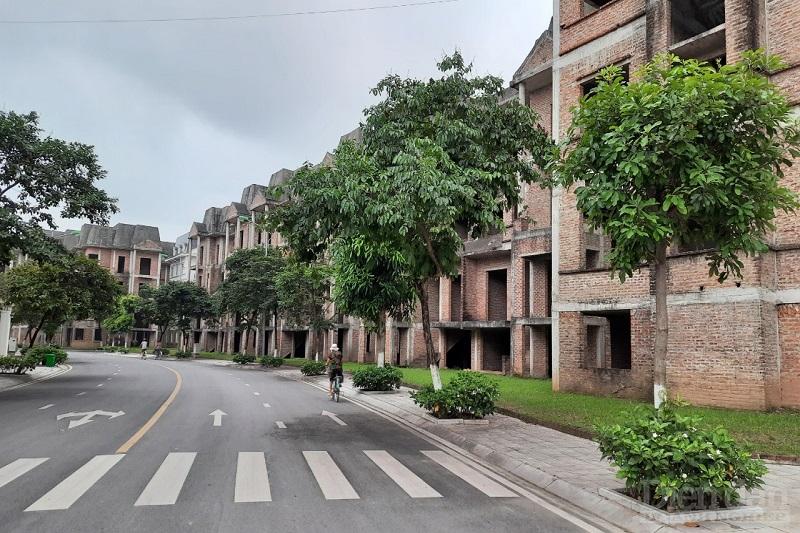Challenges of property taxation in Vietnam
Experts contend that in order for the Law on Property Tax, which has received high praise for its construction, to be effective, the relevant legal framework must be completed.

There are an increasing number of people who specialize in land speculation.
>> Vietnam to study property tax in comprehensive tax reform
Together with the Land Law, the Property Tax Law has the chance to significantly alter both the Vietnamese people's daily lives and the country's economy.
The main goal of the Property Tax Law is to reduce or eliminate the tax on non-agricultural land usage. It is a comprehensive piece of law that will have an impact on both people and businesses once it is implemented because the regulation's vast scope covers all facets of land, properties, and construction.
The draft Property Tax Law might be presented to the National Assembly for revision in October 2024, and the government anticipates that it will be adopted in May 2025.
Experts warn that the Property Tax Law needs to be carefully examined and a roadmap needs to be in place before it is implemented, notwithstanding its importance and worldwide conformity. This is particularly relevant given the lack of transparency and ambiguity surrounding real estate transaction information.
According to Professor Dang Hung Vo, a former Deputy Minister of Natural Resources and Environment, the implementation of a property tax has been hailed as an effective way of discouraging speculation and managing the overheated real estate market. The majority of workers in Vietnam, however, earn low incomes, making property taxes insignificant. As a result, there are an increasing number of people who specialize in land speculation.
"Land or houses must be used to create added value, but they cannot be bought and sold immediately for a large difference. That is not good behavior for the market, causing real estate prices to increase virtually, causing harm to the economy," explained Professor Vo. He added that since many transferors bypass official channels, the development of an information system for the real estate market has been delayed, making it challenging to tax.
Vice Chairman of the Vietnam Urban Development Planning Association, Dr. Architect Dao Ngoc Nghiem, underlined that ratification of the Land Law is required prior to developing a workable and efficient Property Tax Law.
>> Real estate firms facing new challenges
A complete Land Law is required to serve as a foundation for other laws, including the Property Law, in order to prevent inadequacies and negativity and efficiently implement the law. The Land Law is regarded as the backbone of many other laws pertaining to the land sector.
Public interest has been aroused by the Ministry of Justice's recent plan to levy a high tax on apartments costing more than 50 million VND/m2. While experts agree that just limit ing the value per square meter is insufficient, the proposal's goal is to ensure fairness for residential land and individual residences by taxing high-class apartment groups.
Professor Dinh Trong Thinh emphasized that legislation that is solely focused on price levels without an exact assessment of the actual value of the housing property would not be a true reflection of reality.For instance, a centrally located apartment that costs 50 million VND/m2 but only has 50m2 of space is only worth 2.5 billion VND. On the other hand, a 120m2 apartment outside the center that costs 30 million VND/m2 is worth 3.6 billion VND.
This emphasizes the significance of developing a thorough evaluation procedure to establish the property's actual value rather than depending just on the price per square meter, which can be deceptive.
The government should also take into account the effects on people's lives and the economy, particularly for those who buy expensive apartments. If the tax is excessively high, it may be burdensome for the owners and have a detrimental impact on the economy.










